At the workshop announcing the “Report on the Flow of Business Law in 2024” held by the Vietnam Chamber of Commerce and Industry (VCCI), Mr. Dau Anh Tuan, Head of the Legal Department and Vice Secretary General of VCCI, shared his thoughts on the dynamic changes in business law and their impact on enterprises.
POLICY RESPONSE IS SWIFT, BUT CONCERNS REMAIN FOR BUSINESSES
In 2024, the National Assembly passed 31 laws, the Government issued 182 decrees, and ministries promulgated 629 circulars. The volume of legal documents in 2024 has increased significantly compared to 2023, especially with a near doubling of laws and decrees. This increase in the number of documents has also led to a rise in legislative work, with more stringent procedures.
The upcoming 9th session of the National Assembly, set to open on May 5, 2025, will discuss and pass 35 laws and resolutions, a massive number that underscores the growing volume of legislation. A notable trend in the law-making program of the recent extraordinary session and the upcoming 9th session is the tendency to amend multiple laws with a single new law and follow a streamlined procedure.
From a business perspective, this approach offers the advantage of swift policy response. When issues in life hinder development, the National Assembly and the Government aim to comprehensively address these obstacles promptly, quickly unblocking legal bottlenecks instead of spending time amending multiple laws through regular procedures.
For instance, the Bidding Law 2023, enacted in June 2023 and effective from January 1, 2024, underwent further amendments less than a year later. These changes were incorporated into the Law Amending and Supplementing the Laws on Planning, Investment, Public-Private Partnership Investment, and Bidding 2024, which took effect on January 15, 2025. Similarly, the Land Law 2024, effective from August 1, 2024, saw its provisions amended by the Public Investment Law 2024 (amending the content of the district-level land use plan) shortly after its enactment.
Notably, important policies and resolutions of the Party have been swiftly implemented. On December 22, 2024, General Secretary To Lam signed and issued Resolution No. 57-NQ/TW4 on breakthrough development in science, technology, innovation, and national digital transformation. This resolution affirms the decisive role of science, technology, innovation, and digital transformation in national development and considers it a prerequisite and a golden opportunity for Vietnam to become a strong and prosperous country in the new era – the era of national advancement.
Just two months later, on February 19, 2025, at the 9th extraordinary session, the National Assembly passed Resolution No. 193/2025/QH15 on piloting several special mechanisms and policies for breakthrough development in science, technology, innovation, and national digital transformation.
“Few laws and resolutions related to businesses and the economy have been passed so quickly to implement the Party’s resolutions,” said Mr. Tuan, emphasizing the National Assembly’s proactive, determined, and highly responsible spirit. Within just two months of the Politburo issuing Resolution 57-NQ/TW5, the National Assembly passed Resolution 193/2025/QH156 to institutionalize the Party’s significant guidelines. This is a clear testament to the close coordination between the political system’s entities, ensuring unity between the Party’s will and the State’s actions.
While the rapid policy formulation and implementation process brings many benefits, it also raises certain concerns. Frequent changes can lead to instability in the legal environment, making it challenging for businesses to adapt and adjust their strategies. Moreover, without rigorous oversight, these rapidly enacted policies may be exploited, affecting transparency and social equity.
Businesses suggest that this approach should only be applied to comprehensively address specific themes that have been carefully scrutinized for bottlenecks. These topics are suitable for streamlined drafting procedures and very short consultation periods. Other issues should follow the standard process to allow for thorough consultation and consideration before enactment, ensuring the comprehensiveness and unity of the legal system.
STREAMLINING AND SIMPLIFYING BUSINESS REGULATIONS: NOT YET A BREAKTHROUGH
Regarding the streamlining and simplifying of business regulations, Mr. Tuan believes that the process has not been as radical, thorough, or up to the expectations of businesses. For instance, in the field of promotion, the requirement to report after each promotional event for certain types of promotions increases compliance costs for enterprises.
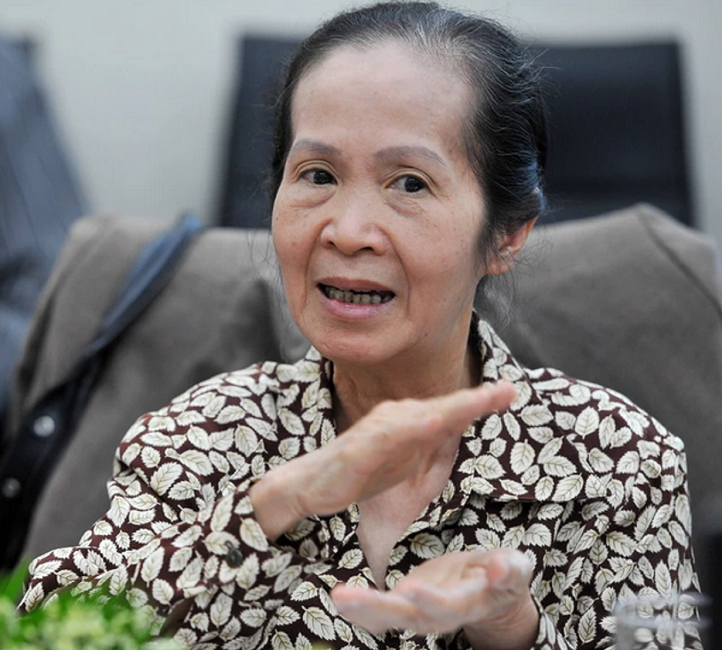
Removing Institutional Bottlenecks
“General Secretary To Lam has made very pertinent demands regarding Vietnam’s economic development in the current context. The General Secretary has emphasized that the ‘bottleneck’ of ‘bottlenecks’ is the ‘institutional’ issue. VCCI’s review reveals that this ‘bottleneck’ is even more constricted, as the regulations contradict the General Secretary’s directives on resolving institutional matters. Along with institutions, there is a need for a streamlined and efficient government apparatus.
I strongly support the country’s aspiration to advance, as we desperately need fundamental changes to catch up, given the significant risk of falling behind. The world is moving at a rapid pace, but we continue to create bottlenecks that hinder innovation.
The private sector is the most critical driver, but with the current institutions, they are constrained. Therefore, administrative reform should focus on the principle of the State performing its core functions and delegating tasks that are not necessarily performed by the State to other organizations. ‘Let go of the small and trivial matters and focus on the big issues.'”
During the 2020–2024 period, ministries annually proposed plans to streamline and simplify business regulations as directed by Resolution No. 68/NQ-CP9. However, from a business perspective, there has not been much breakthrough, and some proposals have been superficial and lacking in substance. Meanwhile, suggestions such as removing conditional business lines, abolishing business conditions, and eliminating administrative procedures have been rarely included in these plans.
VCCI’s report also highlights the progress made in delegating authority for administrative procedure handling. In 2024, ministries and sectors delegated 172 administrative procedures through 32 legal documents. From 2022 to 2024, 19 out of 21 ministries and agencies delegated 328 out of 699 administrative procedures through 65 legal documents.
However, many proposals for delegation and the corresponding legal document amendments tend to transfer authority from the head of the agency to the head of the specialized unit, keeping the procedure and processing time unchanged. Ideally, delegation should reduce intermediate layers and shorten processing times, but this has not been the case in practice.
The full content of this article is published in the Vietnam Economic Magazine No. 17+18-2025, issued on April 28 – May 11, 2025. Please find it here: https://postenp.phaha.vn/tap-chi-kinh-te-viet-nam
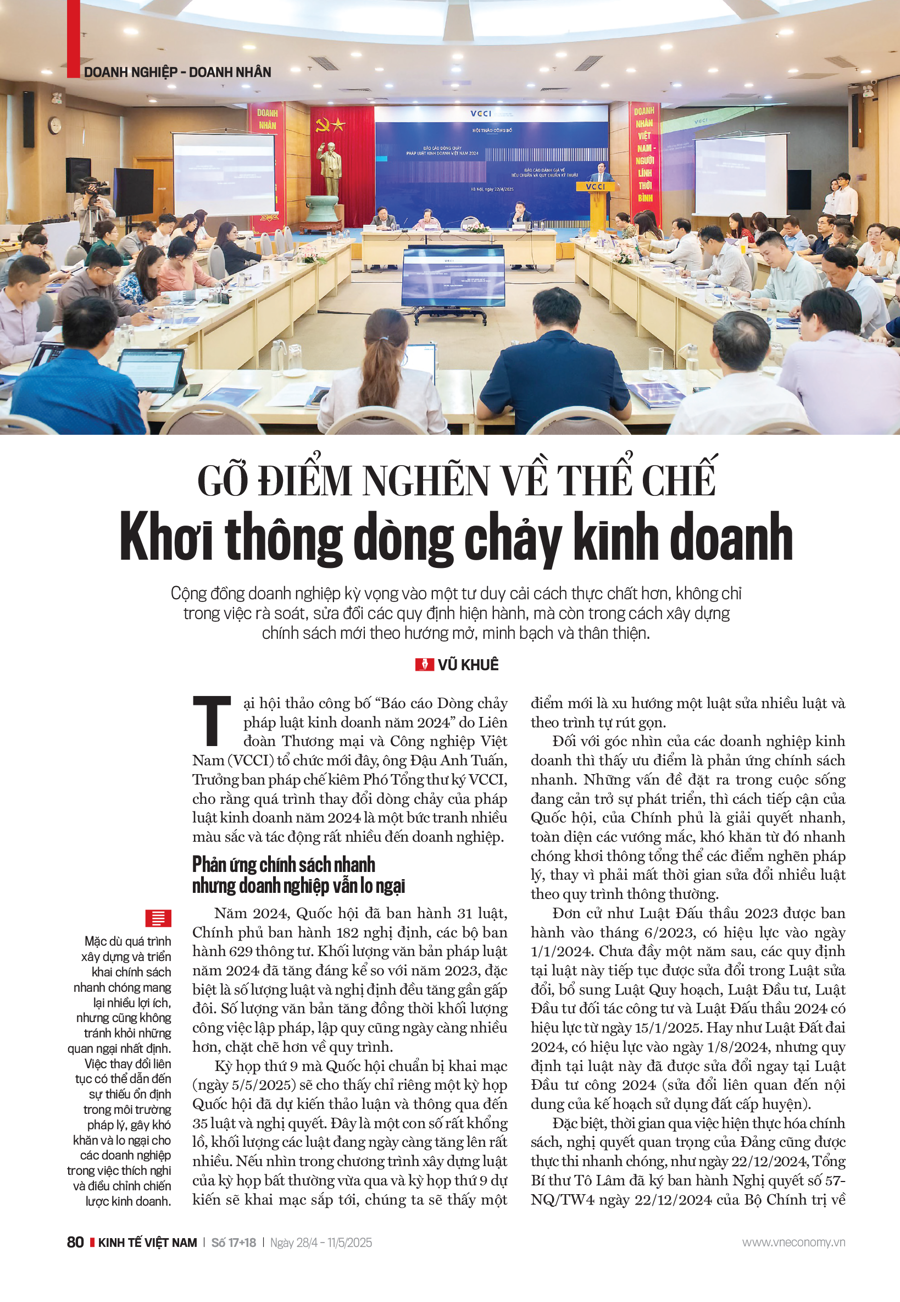
Streamlining Red Tape: The Prime Minister’s Pledge for Limitless Reform
Prime Minister Pham Minh Chinh concluded the meeting of the Steering Committee for Science, Technology, and Innovation, Digital Transformation, and Scheme 06, emphasizing the need to accelerate national digitalization and develop a comprehensive digital citizen. He instructed an unlimited drive to cut and simplify administrative procedures, urging to do as much as possible. The Prime Minister also called for a decisive shift in mindset, from passively receiving and processing administrative procedures to proactively serving the people and businesses.
The Parliamentary Committee for Local Government Reorganization: A Mid-April Reshaping of Vietnam’s Administrative Districts
In mid-April, the National Assembly’s Standing Committee will convene for an intensive session to address administrative boundary adjustments at the communal level. The session aims to reorganize approximately 60-70% of the remaining communes, setting a transformative agenda for efficient governance and improved administrative services.

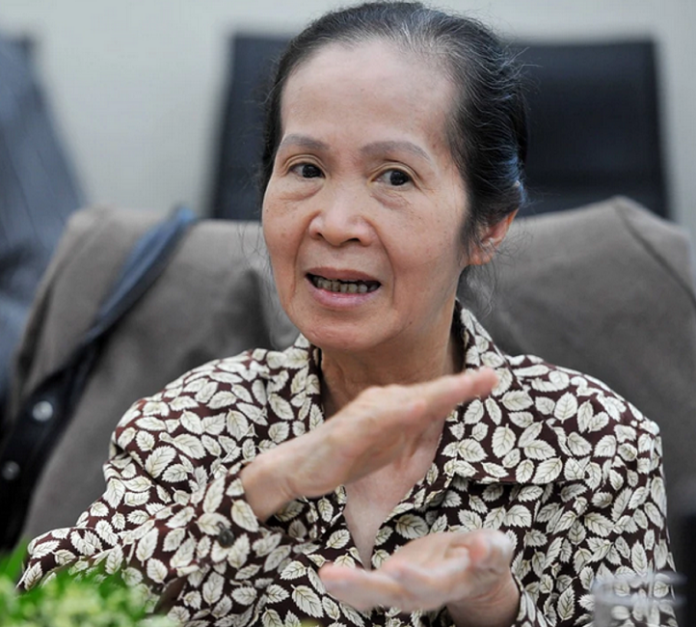


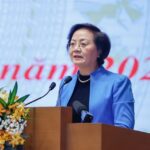

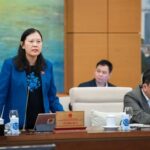

![[Photo Essay]: Experts, Managers, and Businesses Unite to Forge a Path Towards Sustainable Green Industry](https://xe.today/wp-content/uploads/2025/07/z678592918-218x150.jpg)











